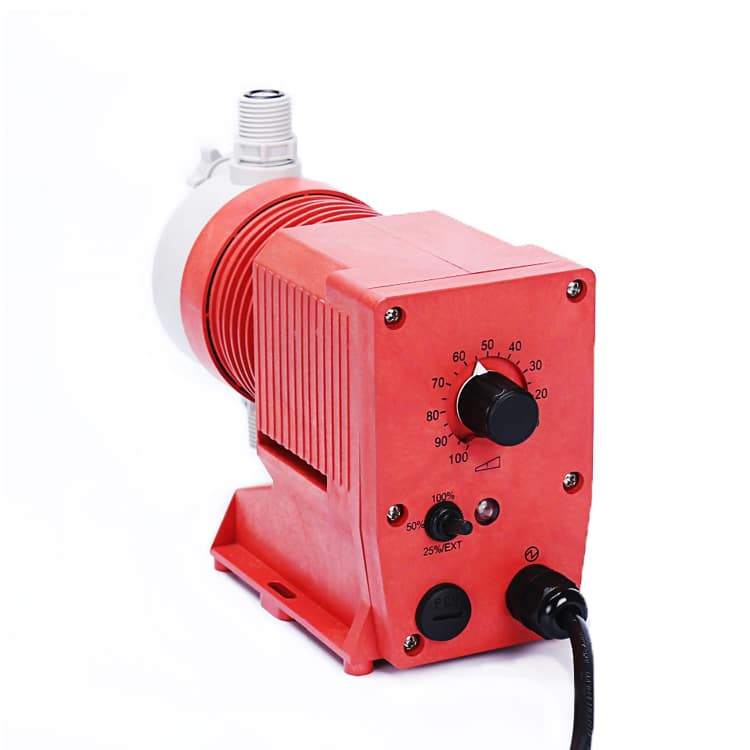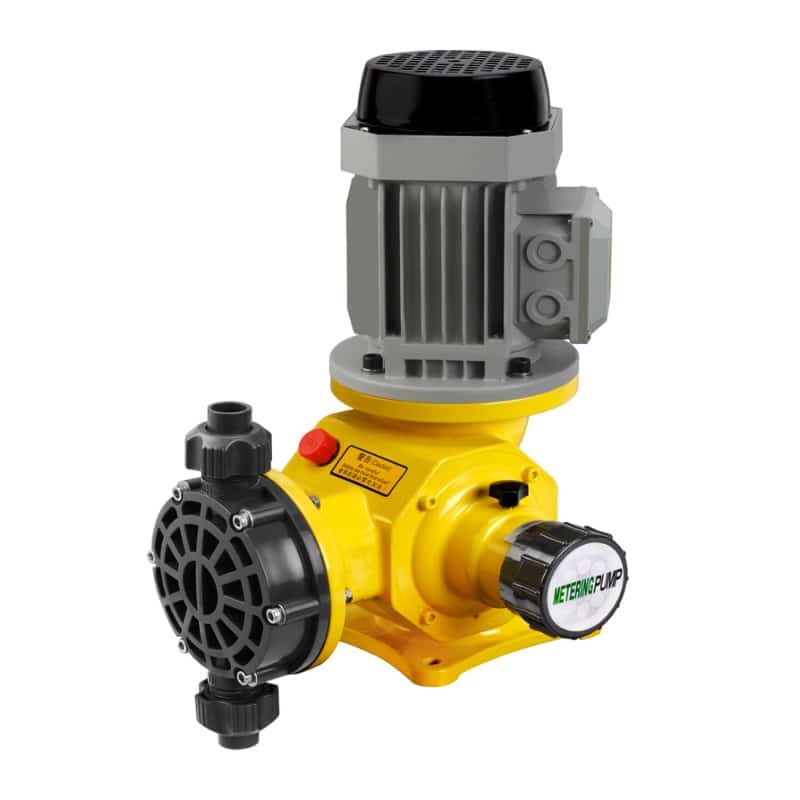What is boiler water treatment?
Boiler water treatment is the conditioning and treatment of boiler feed water for the three purposes of continuous heat exchange, quality steam protection and corrosion protection. Boilers are designed to heat fluids, and then the evaporated or heated fluid will leave the boiler and be used for heating applications and various industrial processes, such as sanitation and cooking. Some of the major industries that use boilers are pharmaceutical, textile, steel and chemical industries.
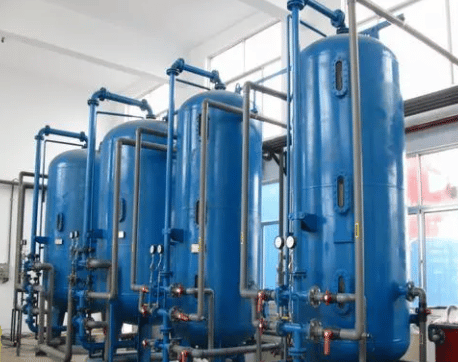
If you want your boiler to remain in good condition and as efficient as possible, it is important that the water remains free of impurities, which means that water treatment is necessary. There are two methods of treating boiler water, an external treatment and an internal treatment. Both processes rely on a conditioning process that essentially counteracts the hardness in the water by introducing softeners into the water. Once these agents are placed in the water, most of the minerals, contaminants and chemicals in the water should be completely altered or removed. Whichever of these methods you use, there are many effective chemicals that can be used to keep the water free of impurities, including everything from de-oxidizers to anti-scalers.
Boiler treatment chemicals
A guide to some of the more common chemicals used in boiler water treatment is provided below.
Oxygen scavenger
Oxygen scavengers are specifically designed to reduce the amount of dissolved oxygen and oxides in water. If you use a DO sensor and find high levels of dissolved oxygen in your boiler water, deaerators such as hydrazine and sodium sulfite can effectively reduce DO and oxides, resulting in purer water. Deaerators also typically passivate various metal surfaces, which helps prevent rusting and other problems.
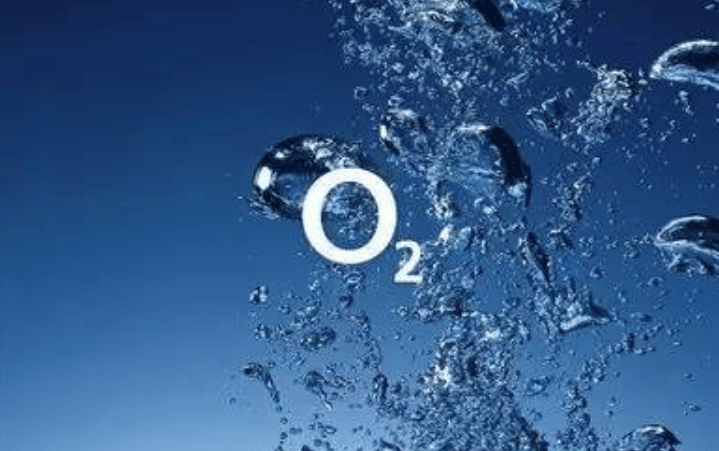
When you introduce chemical deaerators into boiler water, you will be able to remove any residual oxygen from the feedwater, protecting the boiler from harmful chemical reactions and reducing corrosion in the feedwater tank and return line. Tannin chemicals and sulfite chemicals have been shown to be particularly effective deaerators. If you decide to use sodium sulfite, this deaerator will work quickly and is especially suitable for low pressure applications. As for tannins, this chemical will remove oxygen from the water and also form a corrosion-resistant film around the boiler steel.
The exact dose of deaerator you should use in your boiler depends on the type of deaerator you use and whether the boiler is paired with a de-gas heater. For testing purposes, you should always keep 20 ppm of deaerator in the boiler feedwater. If you want to ensure that your boiler does not corrode, it is highly recommended that you use a deaerator.
Alkalinity generator
Alkalinity generators are specifically designed to raise the pH of the water in which they are applied. For steam boilers, it is important to maintain a high pH to prevent corrosion, minimize the amount of silica plating in high-pressure boilers, and maintain proper boiler efficiency. If your feed water has a high alkalinity, an alkalinity booster is not always necessary, but if the water in your boiler becomes too acidic, you should consider using an alkalinity booster.
All you need to do to determine the pH of the boiler water is to test it with a pH sensor. If the pH drops too far, an alkalinity builder will help you increase the alkalinity of the water. When you increase the alkalinity of the boiler feed water, you will be able to protect the feed lines and hot wells from acid corrosion. The amount of this chemical you need all depends on how low the pH of the feedwater is.
The most common alkaline solutions for boiler water include sodium hydroxide and potassium hydroxide. You can usually purchase these products in concentrations of 25% or 50%. If you need to significantly increase the alkalinity of your feed water, a 50% solution may be your most effective choice. Some alkalinity detergents come with sludge conditioning polymers, which can be particularly beneficial for high temperature applications.
Amines
Amines are neutralizing chemicals that prevent corrosion of condensate tubes on boilers. Condensate from steam boilers can be highly corrosive to the tubes, which can damage your boiler and cause you to make expensive repairs to fix the problem. The three neutralizing amines you can obtain for boiler water treatment purposes include morpholine, diethylaminoethanol and cyclohexylamine. While these neutralizing amines can be purchased as a single component, most solutions will be mixed with these three components.
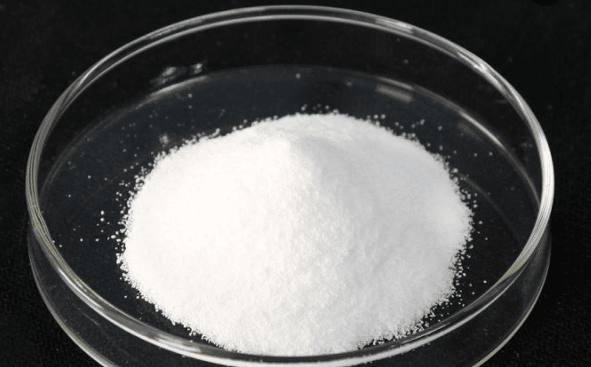
When these amines are placed in boiler water, they increase the pH of the condensate, which greatly reduces the potential for corrosion. It is well known that low pH in condensate piping can lead to significant corrosion, which can lead to condensate leaks and steam leaks. Once this chemical is applied to the water in your boiler, you will gain greater boiler reliability, cleanliness and protection. While condensate piping is the primary area of concern, this chemical will protect all condensate systems. To determine if this chemical is needed, it is recommended that you test the return condensate with a pH sensor.
Scale Inhibitors
Scale inhibitors are used to enhance the dispersion properties of any conditioning product used in boiler water. Scale inhibitors typically consist of a mixture of polymers and phosphates. These antiscalants can be used as natural or synthetic chemicals. The most common natural polymers include tannins and lignin sulfonates, while synthetic polymers available for your use include polystyrene sulfonates and maleic acid ester copolymers.
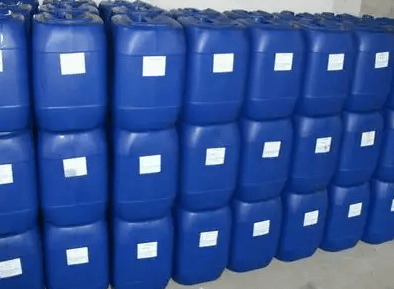
These chemicals act as softeners to minimize scale buildup in the boiler. Scaling can be a major problem for boilers because it causes a significant reduction in boiler efficiency. When harder impurities such as magnesium salts and calcium begin to increase in boiler water, they eventually become concentrated, which means they can adhere to the pipes and other surfaces of the boiler.
The most common feedwater contaminants that can lead to scale formation include magnesium, aluminum, calcium, iron and silica. If you don’t get rid of scale soon, it will first reduce the efficiency of your boiler. Eventually, the affected tubes may rupture or overheat. Solenoid dosing pumps are usually used to add scale inhibitors. Mechanical diaphragm metering pumps are more suitable for large flow of chemicals. The amount of scale inhibitor you use in your boiler water depends on the hardness of the water and the amount of scale that forms. It is recommended that you use a hardness test kit to determine the effectiveness of these antiscalants when treating water with them.
External and internal treatment of boiler water
The treatment of boiler water is divided into two types: external treatment and internal treatment. With external treatment, once the water is removed from the boiler, impurities are reduced or completely removed from the water. If the level of impurities in the feed water is very high, it may damage the boiler and it is recommended that you use the external treatment method. After removing the feed water, it will be purified and degassed. It can also be pretreated by evaporation, which produces some pure steam that can be condensed and used in the treatment process. This treatment method softens the water, reduces silica and alkalinity, removes suspended matter and reduces oxygen. However, this process can be time consuming and is often unnecessary.
Internal boiler water treatment focuses on conditioning impurities within the system to prevent scale, sludge, and corrosion. This involves using softening chemicals like sodium phosphate or soda ash to reduce water hardness by reacting with calcium and magnesium, helping dissolve or neutralize scale-forming compounds.
The treatment approach depends on the specific issue:
- To control scale, choose appropriate softeners that react with hardness ions.
To manage sludge, use either:
- Coagulation, for high sludge levels, forming larger particles for easy removal;
- Dispersion, for low sludge levels, which breaks particles apart and distributes them evenly.
How does it work with dosing systems?
Boiler water treatment must work closely with automatic dosing system for stable and reliable results. Through the dosing system quantitative, continuous, accurate dosing of water treatment chemicals, not only improves the utilization rate of pharmaceuticals, but also effectively control the scaling, corrosion and oxidation problems.
- Dosing drum (liquid storage tank): used to prepare and store pharmaceutical solutions. Usually made of PE corrosion-resistant material.
- Metering pump: pump the liquid into the system according to the set flow rate, commonly used electromagnetic diaphragm metering pump.
- Control device (PLC or meter): can set the dosage frequency, flow rate, or with water quality monitor (such as pH, conductivity, residual chlorine meter) linkage control.
- Stirring device: used to prepare the drug solution to ensure the solution is uniform.
- Dosing point (dosing port): usually located in the feed water inlet, softened water tank or boiler make-up water pipeline.
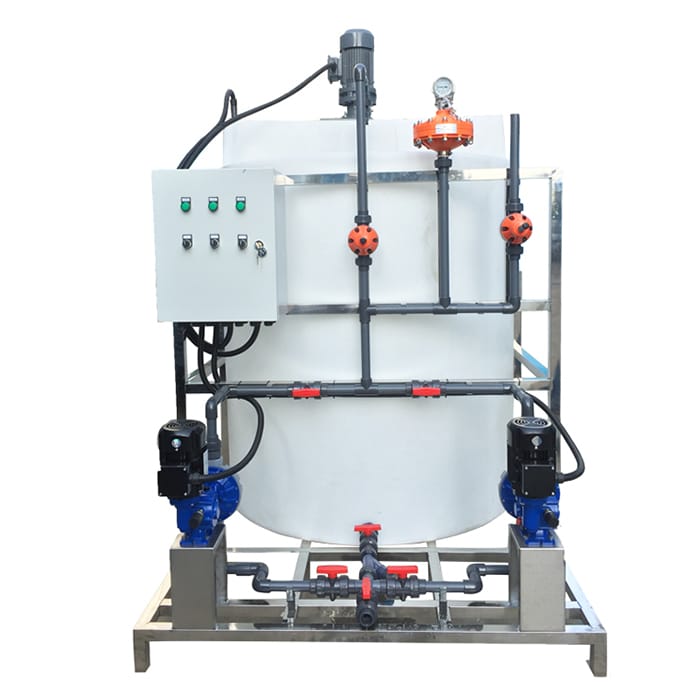
Why do you need to treat your boiler water?
Treating boiler water is essential to prevent costly damage and ensure efficient operation. If left untreated, impurities in the water can lead to scale formation, which increases thermal resistance, reduces efficiency, and may cause tube overheating or rupture, resulting in expensive repairs.
In addition to scaling, corrosion is another common issue that gradually degrades internal components, shortens boiler lifespan, and increases the risk of unexpected replacement.
For food-grade applications, proper water treatment is critical to prevent contamination and maintain product safety.
The frequency of treatment depends on usage, but as a general rule, boiler water should be treated at least once a week, if not daily, to maintain performance and avoid long-term issues.
Maintaining high quality boiler water
High-quality boiler water is important for the life of your boiler, allowing you to avoid corrosion and other problems. Scaling alone can lead to pipe failure, overheating and loss of efficiency, which only wastes your money. No matter what industry you work in, poor water quality can directly affect your company’s essential processes. If you also purchase the right boiler, you will get a system that is very reliable, relatively affordable and operates efficiently and effectively to meet the needs of your facility.
The Importance of Getting it Right
- Daily Inspection and Operational Specifications
Regularly check the pressure gauge, water level gauge, safety valve, burner and other key parts of the boiler;
Keep the boiler room neat and dry and avoid stacking of sundries;
Strictly implement the operation procedures of heating up, cooling down and starting and stopping to prevent thermal shock.
- Regular sewage
Boiler operation process will continue to accumulate scale and suspended solids, need to be in accordance with the provisions of the regular sewage to prevent scaling;
Discharge should be carried out under normal pressure, the operation should be quick and decisive to prevent wear and tear of the discharge valve.
- Regular maintenance and cleaning
At least once a year to stop the furnace inspection, check the boiler body, furnace tube, heating surface whether scaling, corrosion;
Depending on the operation of regular chemical cleaning or mechanical descaling to maintain thermal efficiency.
- Water quality management and record
Strictly control the water quality of boiler feed water and make-up water;
Establish an operation log to record key data such as water level, water quality, fuel consumption, and discharge frequency.
Summary
You can choose from several types of boilers, each with its own advantages and disadvantages. If you need equipment or resources that can help you test your boiler water and maintain proper boiler water treatment, contact Apure today to learn more about the services and products we offer.
More articles about water treatment:
3 Main Water Quality Parameters Types
Ammonia in wastewater
Solution of water pollution
Types of level measurement transmitters

